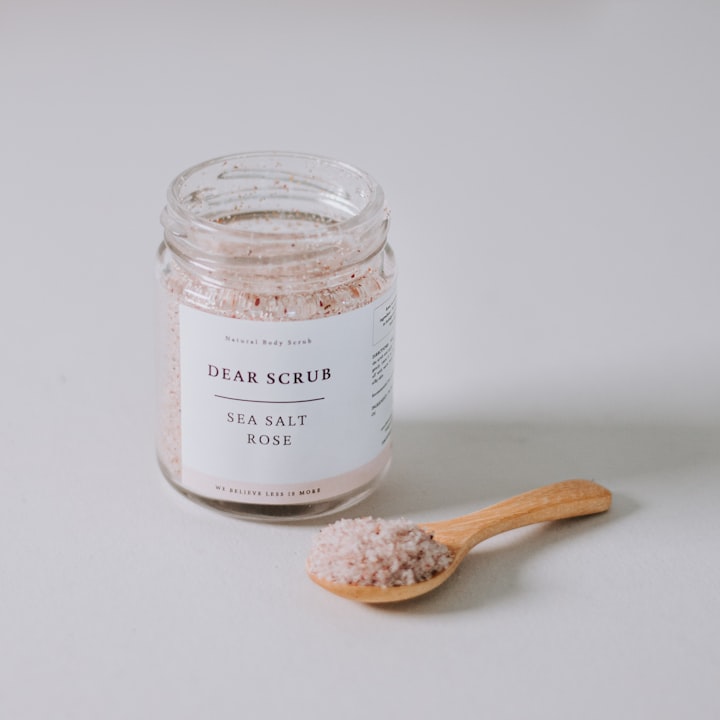In today's world, where environmental sustainability is a pressing concern, it is crucial for brands to prioritize eco-conscious practices, not only in their products but also in their packaging. Traditional packaging materials like plastic and excessive use of resources contribute to waste and harm our planet. Thankfully, many forward-thinking brands are stepping up to the challenge, finding innovative ways to reduce packaging waste and promote a greener future. In this article, we will explore how these brands are embracing eco-conscious packaging and making a positive impact.
Minimalist Packaging: One approach brands are adopting is minimalist packaging. By stripping away excessive layers and unnecessary components, these brands focus on simplicity and functionality. They use fewer materials, reducing waste and lowering their carbon footprint. Brands like Glossier and Lush have embraced this concept, opting for sleek, minimalistic designs that prioritize the product itself while reducing packaging waste.
Recyclable Materials: Another important aspect of eco-conscious packaging is the use of recyclable materials. Brands are shifting away from single-use plastics and exploring alternatives like cardboard, glass, and aluminum, which can be easily recycled. For instance, sustainable beauty brand Aveda packages their products in post-consumer recycled materials, minimizing their environmental impact.
Biodegradable and Compostable Packaging: To tackle the issue of waste that persists even with recycling, brands are turning to biodegradable and compostable packaging options. These materials break down naturally, returning to the earth without leaving behind harmful residues. Companies like Seed Phytonutrients use compostable paper bottles made from 100% recycled materials, reducing their reliance on traditional plastic packaging.
Refillable and Reusable Options: Brands are also embracing the concept of refillable and reusable packaging, encouraging customers to reduce waste by refilling their products rather than purchasing new ones. By offering refill stations or refillable packaging options, brand like Scoop are making it easier for consumers to make sustainable choices.
Innovative Materials: Innovation plays a crucial role in eco-conscious packaging. Brands are exploring alternative materials derived from renewable sources, such as plant-based plastics and biopolymers. For example, Lush has introduced their innovative cork pots as an alternative to traditional plastic containers. These materials are not only more sustainable but also provide a unique and aesthetically pleasing packaging experience.
Digital Solutions: In the digital age, brands are leveraging technology to reduce packaging waste. By offering digital receipts, e-tickets, and online product guides, companies are minimizing the need for excessive paper-based packaging. This shift towards digital solutions not only reduces waste but also enhances convenience for customers.
Transparent and Ethical Practices: In addition to eco-friendly packaging materials, brands are focusing on transparency and ethical practices. They strive to provide information to consumers about the sustainability of their packaging choices, such as the source of materials and their recyclability. This transparency allows consumers to make informed decisions and support brands that align with their values.
Brands that prioritize eco-conscious packaging are not only reducing waste but also attracting a growing number of environmentally conscious consumers. The demand for sustainable products and packaging is on the rise, and these brands are leading the way towards a greener future. By setting an example and making eco-conscious choices, they inspire others in the industry to follow suit.
As consumers, we also have a role to play in supporting these eco-conscious brands. By consciously choosing products with sustainable packaging, we can contribute to the reduction of waste and promote a more sustainable future. Together, we can drive change and encourage more brands to adopt eco-conscious packaging practices.
In conclusion, eco-conscious packaging is a vital step towards a more sustainable and environmentally friendly future.
About the Creator
Ah Kieu
I am a skincare enthusiast with a passion for creating a radiant, healthy complexion while embracing minimalism. I believe that taking care of our skin goes hand in hand with taking care of the planet we call home.







Comments
There are no comments for this story
Be the first to respond and start the conversation.